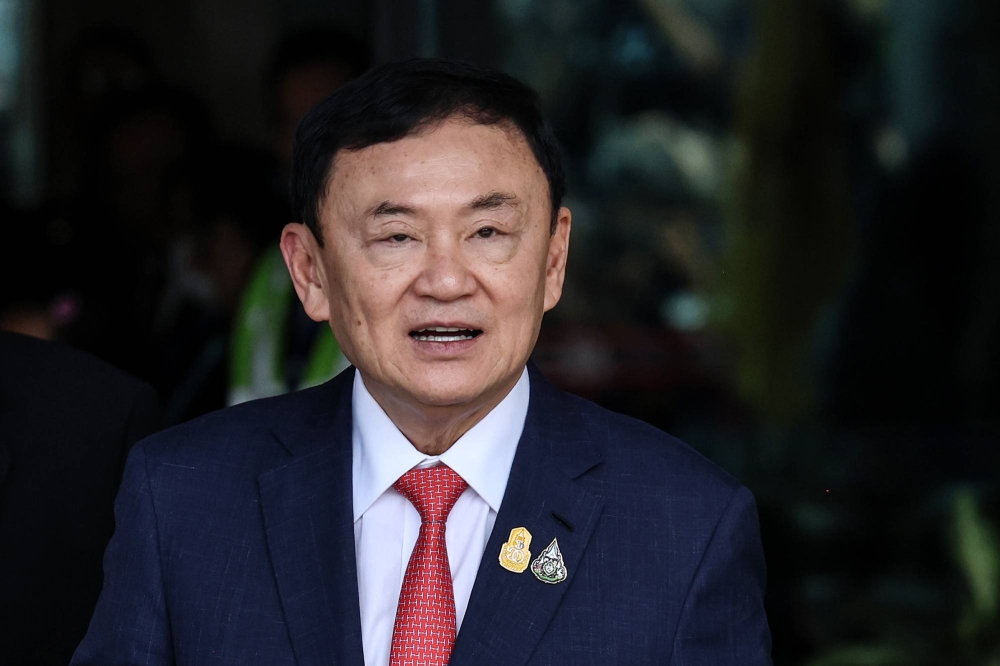A Fragile Currency Surge
Political Turmoil Threatens Baht’s Gains
The Thai baht, which has enjoyed a robust four-month rally, may soon lose momentum due to mounting political instability, according to a leading currency expert. After climbing over 5% through June 2025, the baht’s upward trajectory is at risk as domestic challenges loom. This shift could dampen Thailand’s economic outlook, impacting businesses and investors reliant on a strong currency.
Forecasting a Slower Climb
Baht’s Projected Path for 2026
Christopher Wong, a senior foreign exchange strategist at Oversea-Chinese Banking Corp, predicts the baht will reach 32.30 per dollar by year-end, reflecting only a modest 0.7% gain from early July levels. This cautious forecast highlights concerns about Thailand’s economic and political landscape. Wong’s track record as a top-ranked baht forecaster lends weight to his analysis, signaling a potential slowdown in the currency’s appreciation.
Economic and Political Pressures
Factors Curbing Baht’s Momentum
Several factors are poised to hinder the baht’s growth, including sluggish tourism and weakened domestic demand. Political developments, particularly the suspension of Prime Minister Paetongtarn Shinawatra, have raised fears of delays in budget approvals and economic stimulus measures. These disruptions could exacerbate Thailand’s already sluggish economic growth, putting additional pressure on the baht’s value.
Central Bank’s Potential Response
Interest Rate Cuts on the Horizon
The ongoing political crisis may push Thailand’s central bank to implement deeper interest rate cuts to stimulate the economy. Such measures could further weaken the baht, as lower rates typically reduce a currency’s appeal to investors. This potential policy shift underscores the delicate balance between fostering growth and maintaining currency stability in a turbulent political environment.
Regional Context and Gold’s Influence
Baht Lags Behind Asian Peers
While many Asian currencies have strengthened against a faltering US dollar, the baht’s performance is lagging due to domestic challenges. Historically supported by rising gold prices, the baht’s recent disconnect from this trend suggests that local issues are overshadowing external factors. Investors are increasingly cautious, prioritizing clarity on Thailand’s political and economic direction before making bold moves.
Investor Caution Amid Uncertainty
Waiting Out the Storm
With tariff uncertainties and political instability dominating headlines, investors are adopting a wait-and-see approach. The lack of clear resolution in Thailand’s political landscape makes it difficult to predict the baht’s long-term trajectory. As global and domestic factors converge, the currency’s path forward hinges on how effectively Thailand navigates its current challenges, from governance to economic policy.









